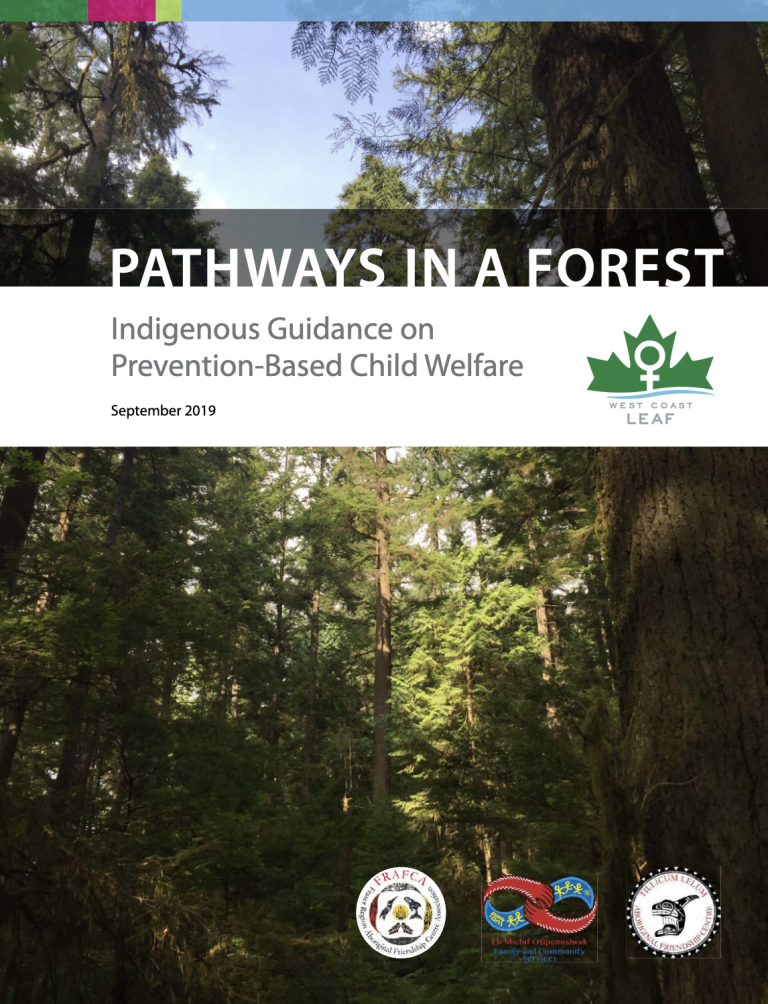5 search results
for
In poverty
Recommendations for legislative reform
Recommendation 7: MCFD should amend the CFCSA to reflect the right of the child to not be separated from their family by reason only of their parent or guardian:- lacking the same or similar economic and social advantages as others in BC society;
- engaging is substance use or coping with addiction when a parent is actively pursuing or participating in addiction services; or
- having a disability.
-
Category and theme:
Audience:
Recommendations for improving financial supports
Recommendation 12: The provincial government must immediately raise welfare and disability rates to the Market Basket Measure (MBM), index them to the cost of living, and remove arbitrary barriers.-
Category and theme:
Audience:
Groups affected:
Recommendations for improving financial supports
Recommendation 13: In the meantime, the BC government and MCFD should bridge the gap between the current welfare and disability rates and the MBM for all families that are at risk of having children apprehended by MCFD.-
Category and theme:
Audience:
Groups affected:
Recommendations for improving financial supports
Recommendation 14: The BC government should amend legislation to ensure that there is no reduction of benefits for families when a child is temporarily taken into care so that income supports and housing can be maintained while parents are working to bring their children home.-
Category and theme:
Audience:
Groups affected:
Recommendations for improving financial supports
Recommendation 15: MCFD should develop a policy for supporting each family with whom it comes into contact to secure all the available provincial and federal benets. This may require training social workers to understand social assistance frameworks or creating a position within MCFD for a social assistance support worker that can help families secure all the benefits to which they are entitled.-
Category and theme:
Audience:
Groups affected:
